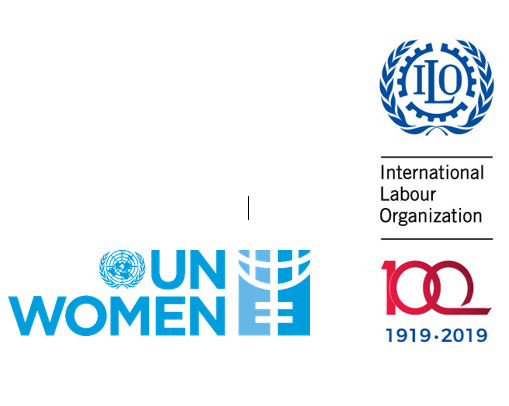Several regional instruments complementing the international legal and policy framework address violence and harassment against women.
- The Inter-American Convention on the Prevention, Punishment and Eradication of Violence against Women (Convention of Belém do Pará), 1994, requires State parties to “apply due diligence to prevent, investigate and impose penalties for violence against women” (Inter-American Convention on the Prevention, Punishment and Eradication of Violence against Women, Article 7 (b)), and to establish “fair and effective legal procedures for women who have been subjected to violence” (Inter-American Convention on the Prevention, Punishment and Eradication of Violence against Women, Article 7(f)) as well as “the necessary legal and administrative mechanisms to ensure women subjected to violence have effective access to restitution, reparations or other just and effective remedies (Inter-American Convention on the Prevention, Punishment and Eradication of Violence against Women, Article 9(g))”.
- The Protocol to the African Charter on Human and Peoples’ Rights on the Rights of Women in Africa, 2003, requires State Parties to “enact and enforce laws to prohibit all forms of violence against women including unwanted or forced sex whether the violence takes place in private or public” (African Union, 2003, article 4.1 (a)) and to “adopt such other legislative, administrative, social and economic measures as may be necessary to ensure the prevention, punishment and eradication of all forms of violence against women” (African Union 2003, article 4.2(b)).
- The South Asian Association for Regional Cooperation (SAARC) has adopted the Convention on Preventing and Combating the Trafficking in Women and Children for Prostitution, 1997, which obliges State parties to take effective measures to ensure that trafficking is “an offence under their respective criminal law” and “punishable by appropriate penalties which take into account its grave nature” (The Member States of The South Asian Association for Regional Cooperation, 1997, Article III (1)).
- The Council of Europe Convention on Preventing and Combating Violence against Women and Domestic Violence (Istanbul Convention), 2011, requires State Parties to “take the necessary legislative or other measures to ensure that any form of unwanted verbal, non-verbal or physical conduct of a sexual nature with the purpose or effect of violating the dignity of a person, in particular when creating an intimidating, hostile, degrading, humiliating or offensive environment, is subject to criminal or other legal sanction” (Council of Europe, 2011, Article 40). At an institutional level, campaigns can be used to mobilize the public and the private sector in prevention, for example, by targeting employers’ associations or trade unions. The Council of Europe has a systematic framework for monitoring progress and views the workplace as a potential area for future monitoring under the independent inspection body, GREVIO (Hester and Lilley, 2014).
